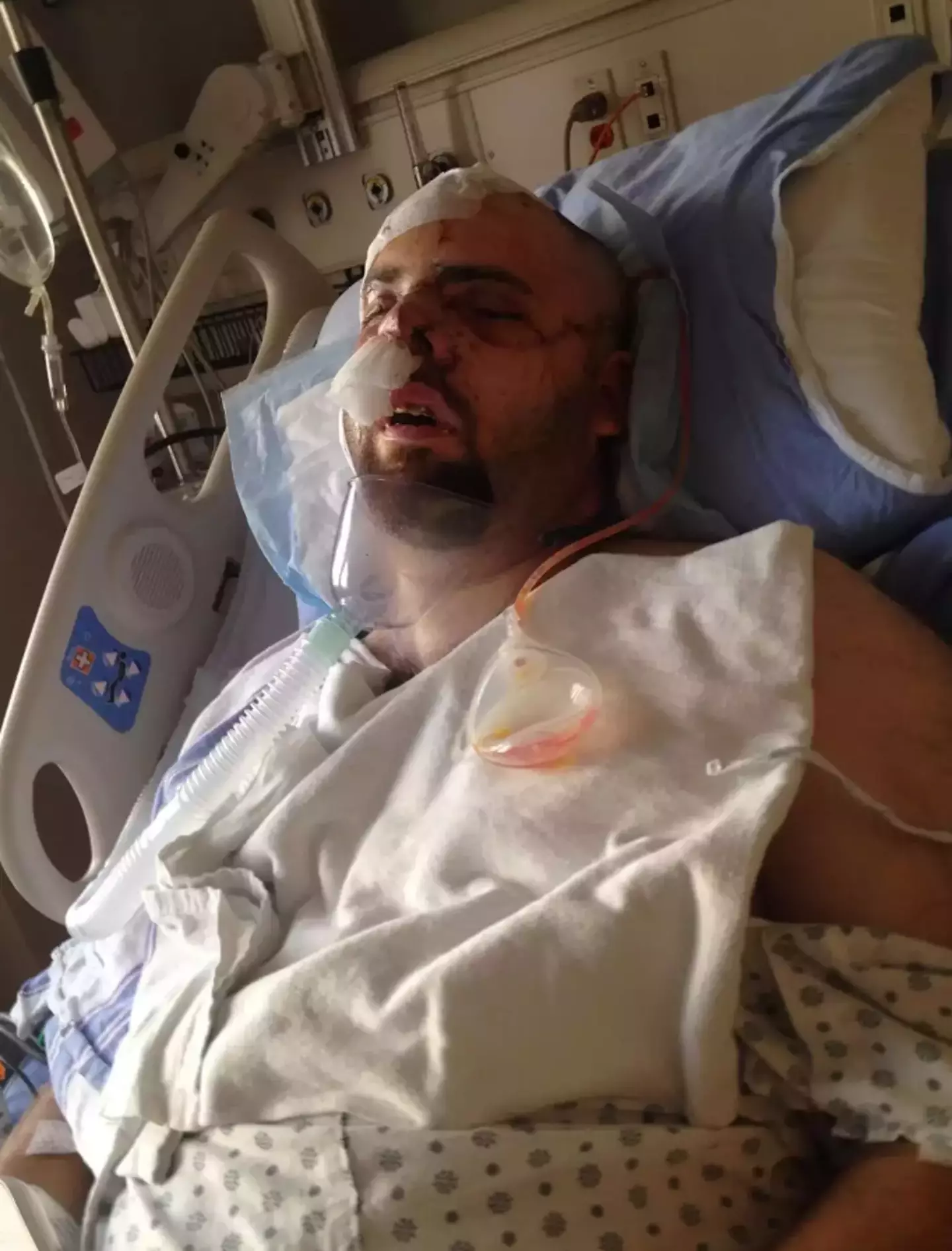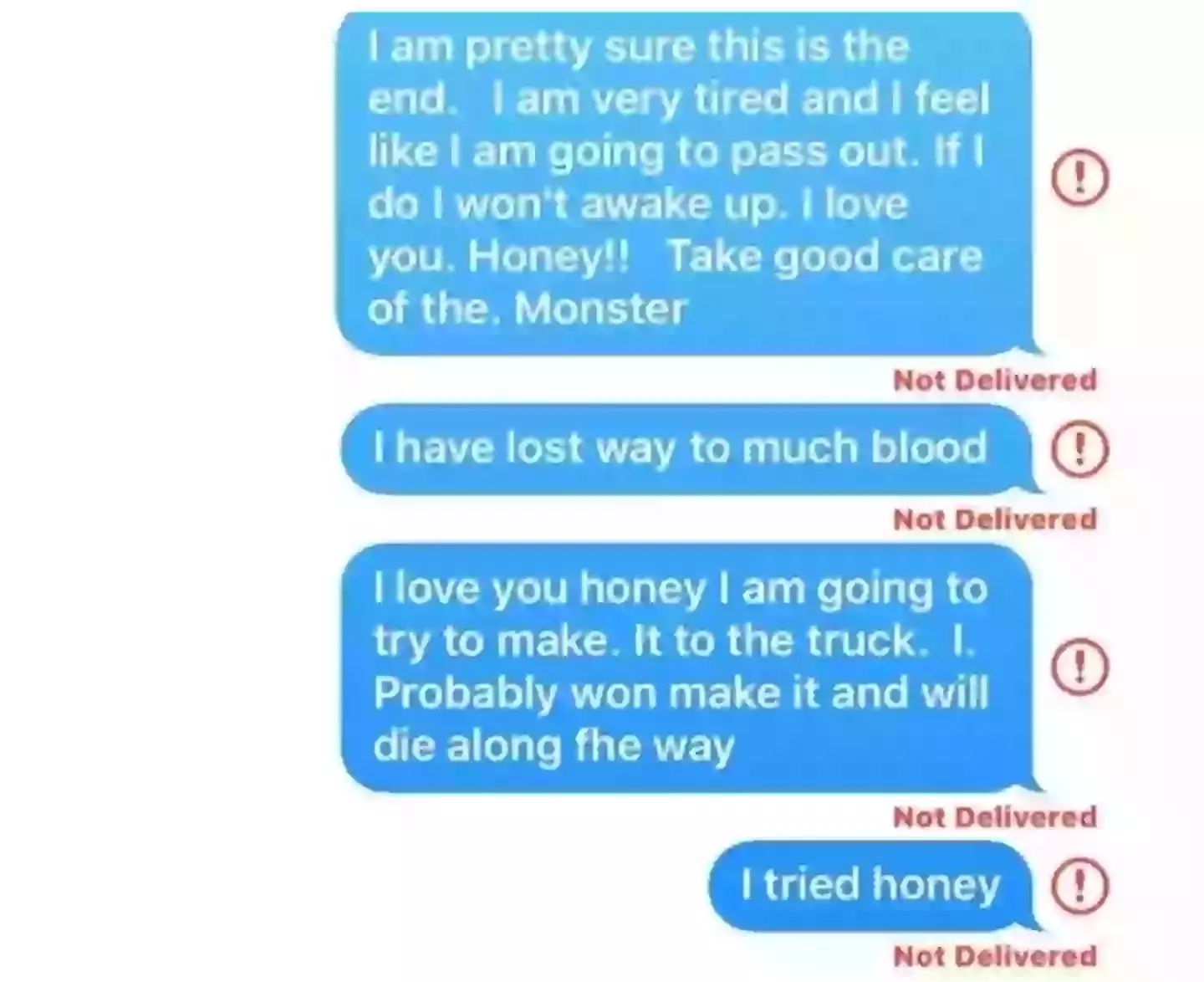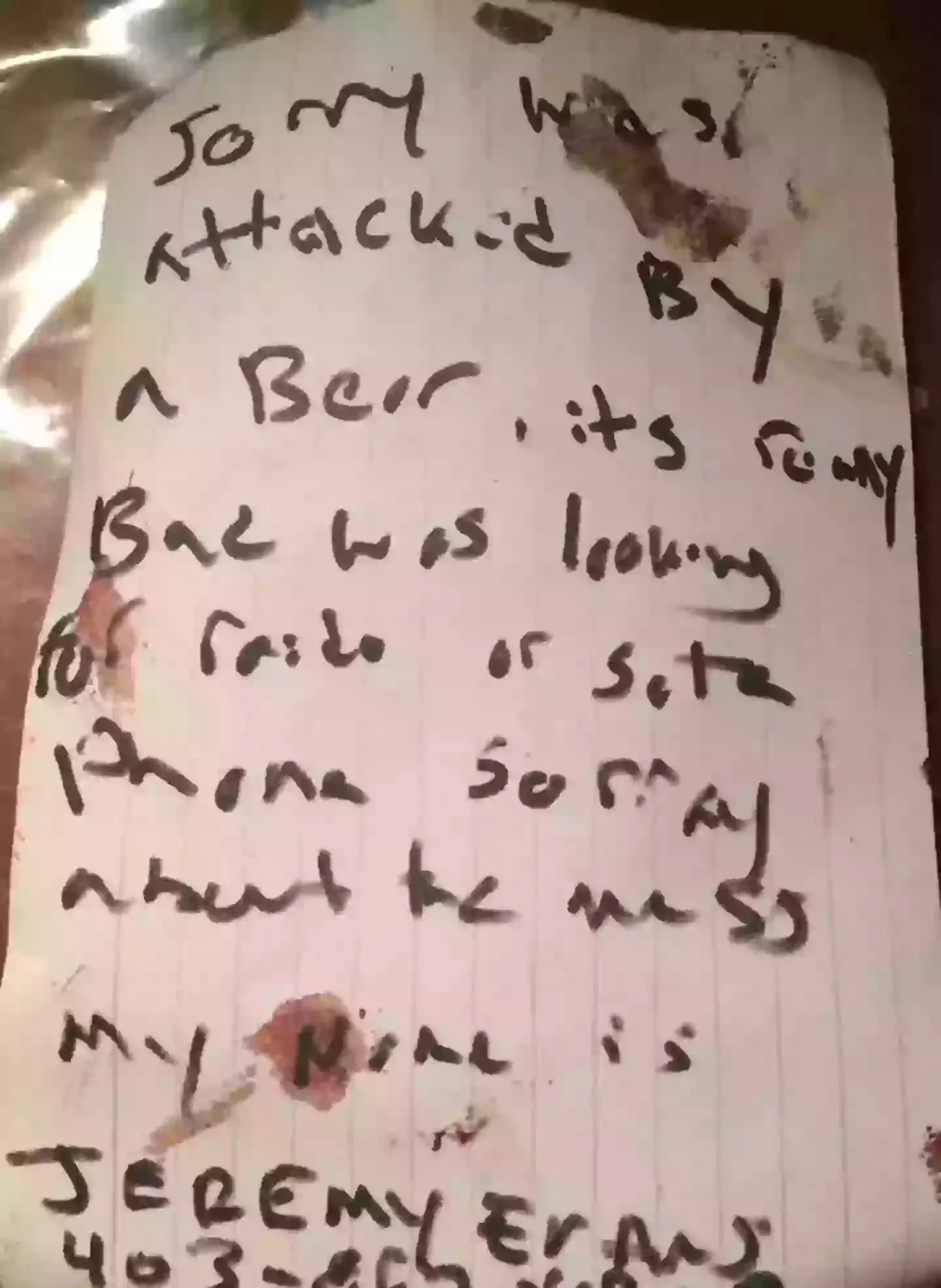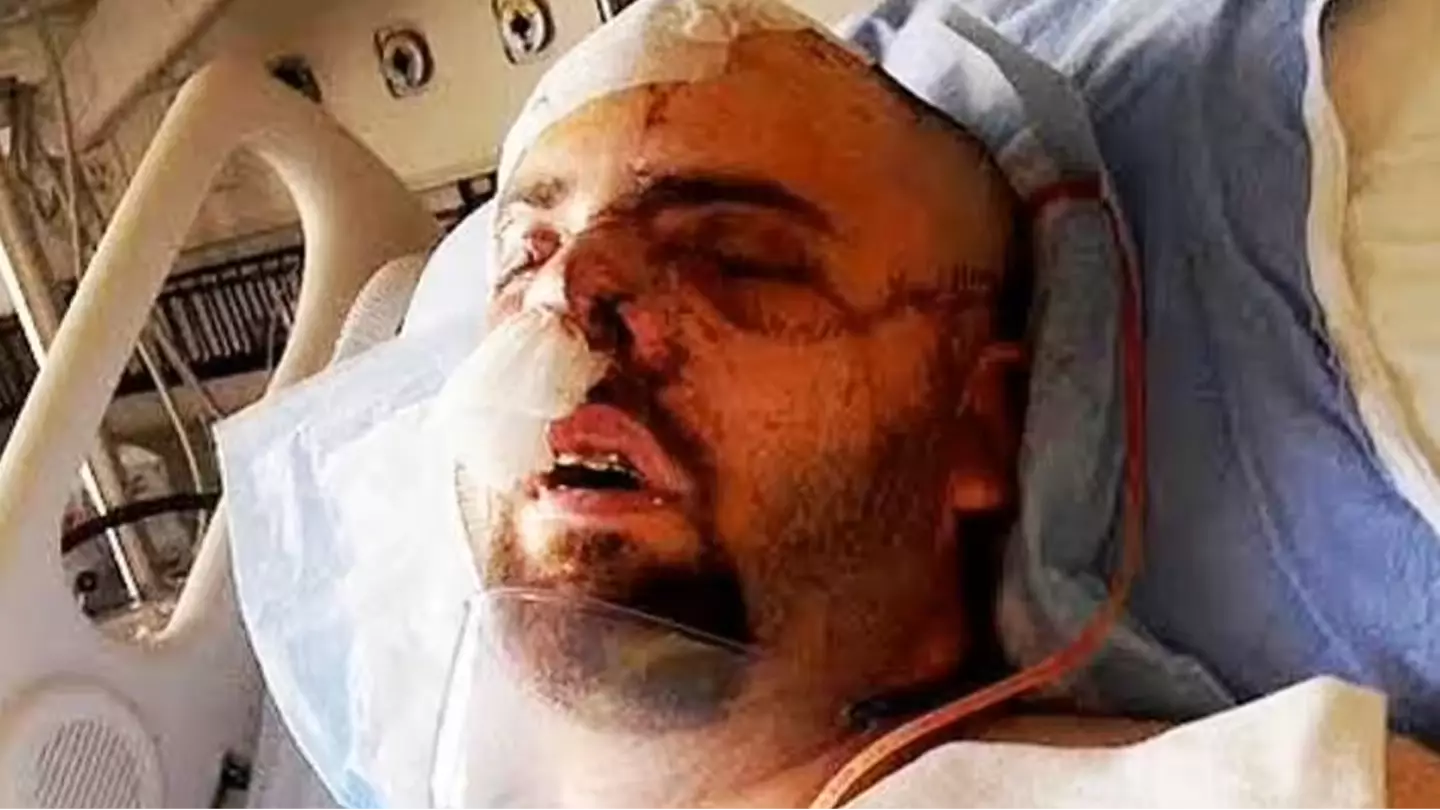Warning: This article contains discussions of attempted suicide and graphic details which some readers may find upsetting.
You might have the tune stuck in your head now, but did you know that ‘Baby Shark’ played a part in saving a man’s life?
While it may be an annoyingly catchy song, one individual attributes it to surviving a grizzly bear attack.
For most, the thought of being chased and attacked by a large bear is terrifying, but for Jeremy Evans, 39, it was a very real and frightening experience.
While in the Rockies in Alberta, Canada, Jeremy encountered this horrifying situation, which left him with severe injuries.
In August 2017, while observing sheep grazing on grassland, Jeremy noticed a bear cub nearby. Then, he heard a branch snap, and suddenly, a 300-pound grizzly bear emerged.

In a conversation with the Daily Mail, he described the encounter: “She pulled her paw across my face from the bottom left hand corner, all the way towards the right side and removed my whole face in one swoop, my nose, my right ear, everything.
“She started chewing on the left back corner of my head like a dog gnawing on a bone. And then she just started ripping and tearing everything off.”
Despite his severe injuries, Jeremy attempted to take his own life using his rifle, but it failed to fire.
Lowering the rifle to try again, it accidentally discharged, nearly hitting him.
The close call pushed him to continue fighting, but he fell 200 feet into the bottom of a rocky creek.
Facing the possibility of not surviving, Jeremy pulled out his phone to say farewell to his family.
Unfortunately, there was no service in the area, so his messages to his wife couldn’t be sent.

In search of distraction, Jeremy decided to listen to some music, and ‘Baby Shark’ was the first song to play on shuffle.
Not the ideal song for such dire circumstances, but it turned out to be a source of strength for Jeremy. The track reminded him of his family, particularly his young daughter, who enjoyed the song before bedtime.
“I don’t know if it was the song playing on repeat, or just thinking about [my wife and child], but I started to crawl up the drainage on the other side. I managed to crawl up and get back onto the trail,” Jeremy had previously shared.
He managed to climb back up the bank to an abandoned campsite, where he wrote a note detailing the incident while looking for a working phone or radio.
Despite his injuries, Jeremy somehow made it back to his car and drove to another resort.
He was eventually airlifted to a hospital, where the full extent of his injuries was uncovered.

Initially, Jeremy underwent two extensive surgeries, each lasting 13 hours, as doctors worked to reconstruct his face.
Ultimately, he endured five major surgeries, 15 minor procedures, and required 1,000 sutures and 1,000 staples.
Reflecting on the ordeal, Jeremy said: “My left eye was hanging out of the socket. It was facing down. In order to really see, I either had to lift up my eye or lean my head way back… I remember feeling my face and nothing felt the same. My jaw was hanging down on the left side and all my teeth were exposed.”
The traumatic experience left Jeremy with PTSD, which can be triggered by sounds like cracking ice or the scent of blood.
He is now working to raise $5 million to support PTSD research and has penned a book titled Mauled about his life-altering experience.
“When you set mini goals, you can achieve incredible things,” he stated.
“Family comes first. [And] asking for psychiatric help is not a sign of weakness. It’s a strength. I mean, guys are always supposed to be all tough and look after the family. But when you’re not mentally fit, you can’t do that. So ask for help.”
Astonishingly, Jeremy has returned to the same forest and has even encountered grizzly bears since the attack. He said he felt a sense of accomplishment by making it back.
If you or someone you know is struggling or in mental health crisis, help is available through Mental Health America. Call or text 988 or chat 988lifeline.org. You can also reach Crisis Text Line by texting MHA to 741741.
You can also call 1-800-985-5990 or text “TalkWithUs” to 66746 at the SAMHSA Disaster Distress Helpline.

